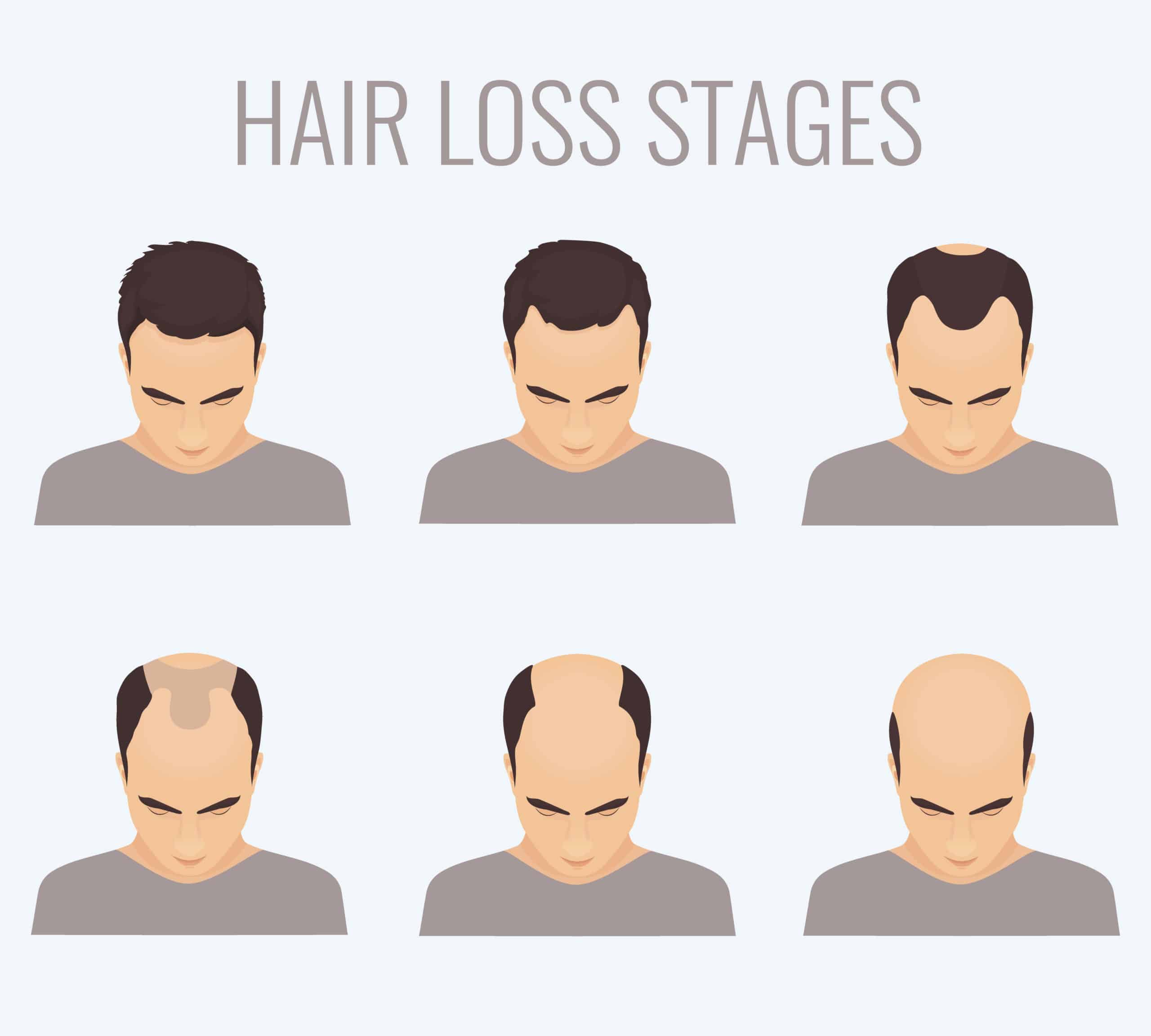Tube Rank: Your Guide to Video Success
Discover tips and insights for optimizing your video presence.
Hair Today, Gone Tomorrow: The Surprising Truth About Hair Loss
Discover the shocking truths behind hair loss! Uncover secrets, solutions, and surprising facts that might just change your perspective.
Understanding the Different Types of Hair Loss: Causes and Treatments
Understanding the different types of hair loss is crucial for addressing the underlying causes effectively. The primary types include androgenetic alopecia, also known as male or female pattern baldness, which is often hereditary and can lead to gradual thinning of hair. Other forms include telogen effluvium, a temporary condition triggered by stress, hormonal changes, or nutritional deficiencies, and alopecia areata, an autoimmune disorder that causes sudden hair loss in patches. Recognizing these types helps in selecting the appropriate treatment options and managing expectations regarding recovery.
When it comes to treatments, options vary based on the cause of hair loss. For androgenetic alopecia, topical minoxidil and oral finasteride are commonly recommended. In cases of telogen effluvium, addressing the underlying stressors or nutritional deficiencies may aid recovery. For those suffering from alopecia areata, corticosteroid injections can help regain lost hair in many cases. It's essential to consult a healthcare professional for a comprehensive evaluation and personalized treatment plan, as individual responses to treatments can differ significantly.

Is Hair Loss Genetic? Debunking Common Myths
Hair loss is a concern that affects millions of people worldwide, and one of the most persistent questions surrounding this issue is whether hair loss is genetic. Many individuals wonder if they are destined to lose their hair simply due to family history. In reality, while genetics do play a significant role in hair loss, they are not the sole determining factor. Androgens, hormonal changes, and environmental influences also contribute to how hair loss manifests. Understanding that hair loss is not purely hereditary can help demystify the condition and empower individuals to seek appropriate treatments.
Additionally, several common myths about genetic hair loss deserve debunking. For instance, many believe that hair loss only comes from the mother's side of the family, but studies show that it can be inherited from both parents. Another myth is that only older individuals experience significant hair loss; in reality, it can begin in the late teens or early twenties for some individuals, regardless of genetics. Recognizing these misconceptions is crucial for those grappling with hair loss, as it paves the way for informed decisions about prevention and treatment options.
Top 5 Natural Remedies to Combat Hair Loss Effectively
Hair loss is a common issue that affects many individuals, leading to a search for effective solutions. While there are a plethora of treatments available, natural remedies have gained popularity due to their minimal side effects and holistic approach. Here are the top 5 natural remedies that can help combat hair loss effectively:
- Essential Oils: Oils like rosemary and peppermint can stimulate hair follicles and promote circulation, increasing hair growth when massaged into the scalp.
- Aloe Vera: Known for its soothing properties, aloe vera can reduce inflammation on the scalp and provide essential nutrients to the hair follicles.
- Coconut Oil: This oil is rich in fatty acids and can reduce protein loss in hair, making it stronger and preventing breakage.
- Onion Juice: Packed with sulfur, onion juice can improve blood circulation to the scalp and enhance hair regrowth.
- Green Tea: Rich in antioxidants, green tea can promote hair growth and prevent hair loss when applied topically or consumed regularly.